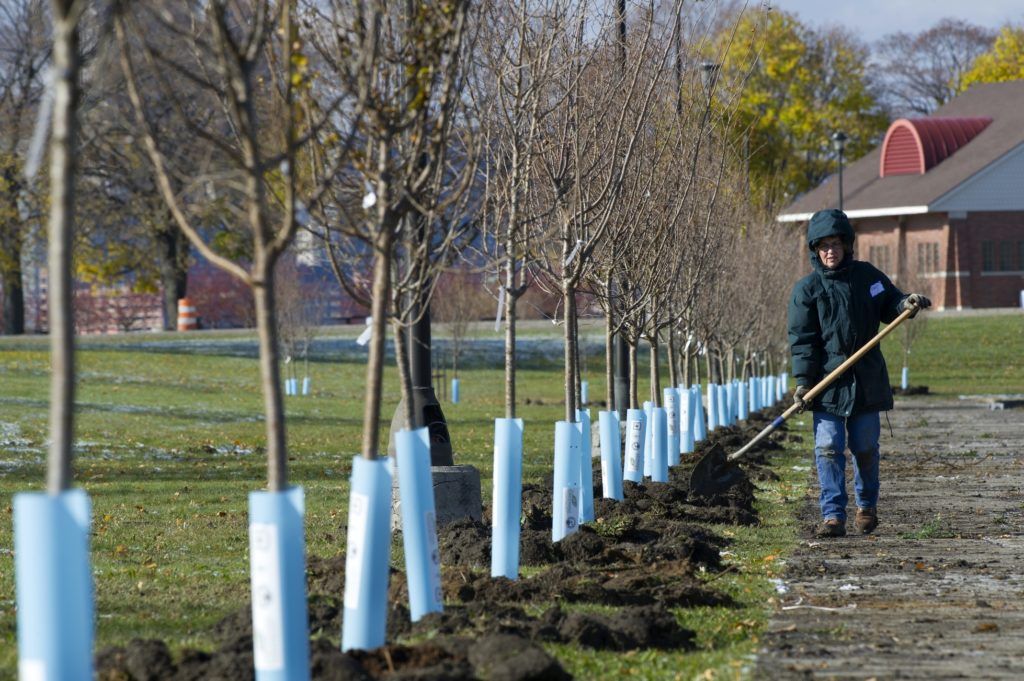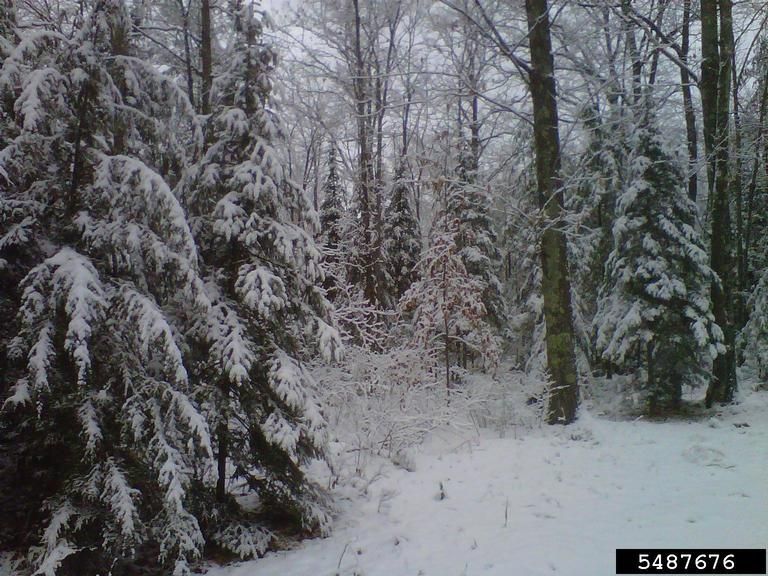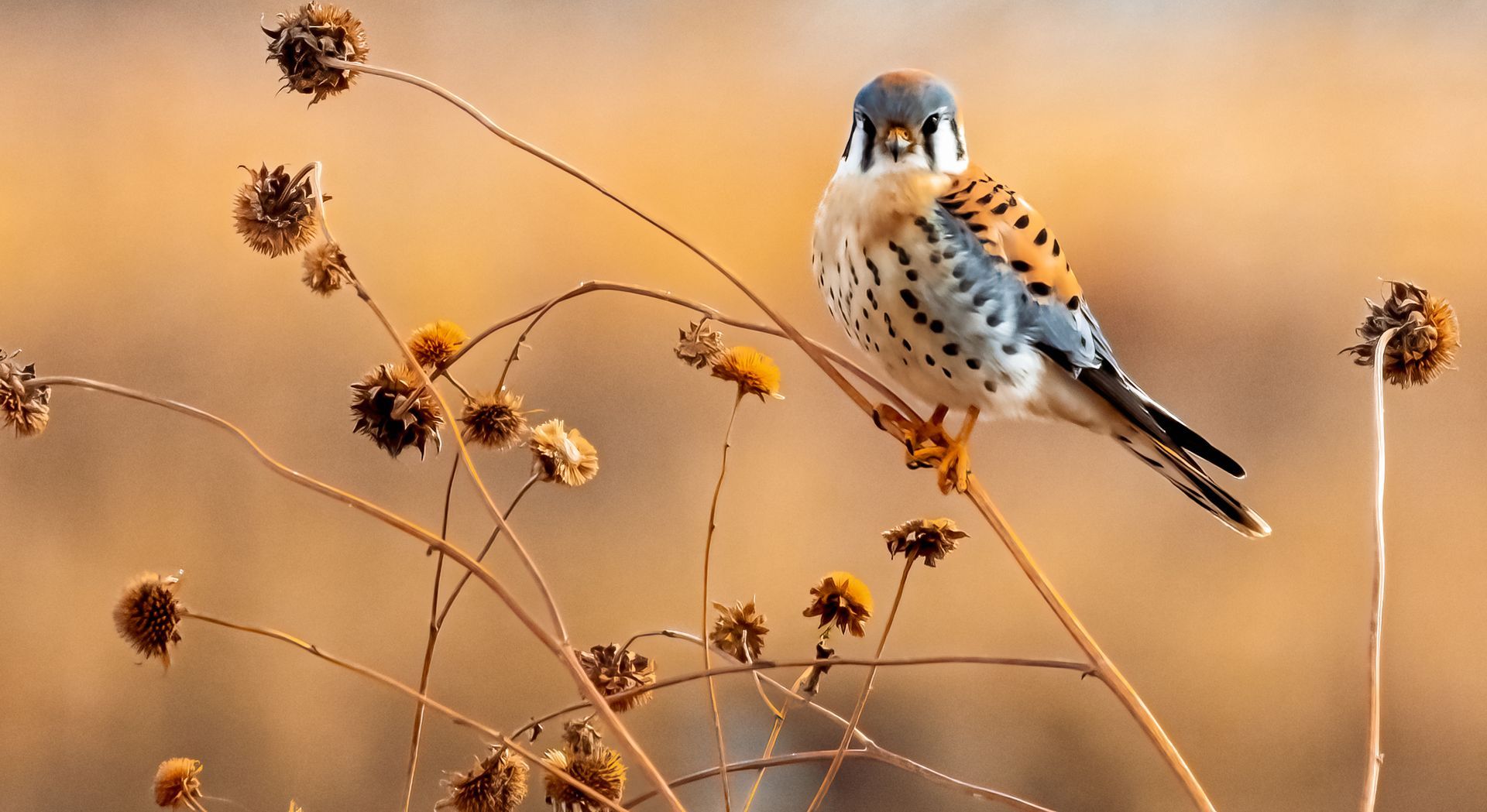MUCC helps the City of Portage secure funding for trees

With the help of Michigan United Conservation Clubs (MUCC), the City of Portage is among a group of local organizations and communities who have recently been awarded over $3 million in grants from the Michigan Department of Natural Resources (DNR).
This funding is part of the Urban and Community Forestry Inflation Reduction Act grant program. It is made possible through money provided by the USDA Forest Service’s Urban and Community Forestry Program, as well as the Inflation Reduction Act of 2022.
Tree plantings benefit both the members of the community and the wildlife that live there.
These grants will help 19 local communities in Michigan expand their green space by planting, managing, and caring for public trees.
Trees provide many benefits to Michigan residents by improving air quality, reducing energy costs, and improving stormwater flow.
They also offer cover and forage to a variety of wildlife species like white-tailed deer, small mammals, and songbirds.
MUCC offered a letter of support to the City of Portage for volunteer engagement and public tree plantings. These plantings will help replace trees lost to tornado damage in the city’s green spaces.
The city hopes to plant 400 trees over the next two years in many different areas. This effort will help restore habitat for wildlife and provide clean air and water for future generations to enjoy.
For more information on other projects and communities that received this funding, see the DNR’s recent press release HERE.
To learn more about MUCC and the work that we do, visit mucc.org.



